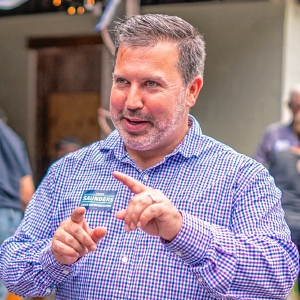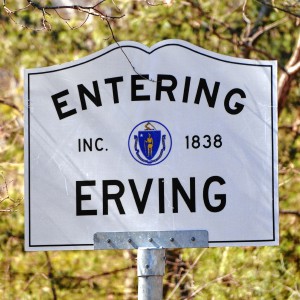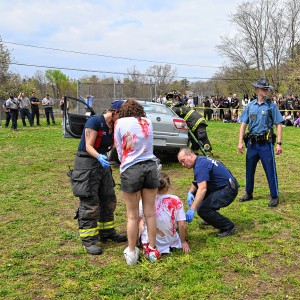A Page from North Quabbin History: The Raymond and Estabrook Ledger
| Published: 01-18-2023 2:37 PM |
By Carla Charter
A ledger donated to the Royalston Historical Society has opened a window to the hat-making industry in the town in the 1800s. “Hatmaking was a huge industry in Massachusetts from the early 1800s to the 1930s,” said Kathy Morris, director of the Phineas Newton Library and Royalston Historical Society member.
The ledger is from the Estabrook-Raymond General Store and dated from 1838-1843 with a few later entries, according to Morris. The store was owned and run by Joseph Estabrook and Joseph Raymond until Raymond’s retirement. After that Estabrook was joined by Charles Newton, who later purchased the store from Estabrook and with his brother Phineas continued the operation.
“The ledger appears to be a summation of the receipts and sales for that period. It is not chronological or alphabetical and is obviously taken from other records and summarized in the ledger....It was probably prepared for the retirement of Joseph Raymond from the business,” said Morris.
It provides detailed information on what goods were given in return for goods received. Approximately 70% of these receipts are for hats or hat-related items, Morris said. People, mostly women, she explained, purchased or received prepared Palm Leaf straws and then return the completed hats to the store for credit.
“Women were paid varying amounts for the hats depending on the type and quality. The average price was $0.30 per hat which would be worth about $10 today...This was before the widespread use of cash and was a normal way of transacting business,” she stated.
“By far the majority of out work, the term for the production of braid and hats in homes, was done by women and girls, but in a few cases boys, and rarely, men. Usually there was no designated area in the home for the work. Some people could weave and make a hat in three hours but that was unusual,” according to Morris.
“While the work provided income and in some cases independence, for women, they were captive of the storekeepers who provided the raw materials and took the completed hats for store credit. It appears that the braiders and hat makers were happy with the situation with all the owners of the store,” Morris said. Once the rough hats were completed, they were sent to others to bleach again and finish before being sold, she continued.
Article continues after...
Yesterday's Most Read Articles
After finishing, the hats made their way to Amherst, Boston and New York for distribution and sale. Lesser quality hats were sent South for slaves, but it appears that the quality of hats produced locally was superior and were in demand in New York, according to Morris.
Like items today, the importation of cheap braid from China and the mechanization of the process, plus the invention of the automobile, which made straw hats hard to keep hats on the head, and the changes in fashion helped lead to the demise of the hat industry, Morris explained.
The store ledger was acquired by Bob and Lorraine Casinghino of Royalston, members of the local historical society, from a private person according to Casinghino. “They were able to borrow the ledger so that the library director could summarize the data in case they were not able to purchase the ledger. In the end, they purchased the ledger for the Royalston Historical Society,” Morris said.
Along with the ledger, the society also has a palm leaf hat and a palm leaf fan, both created in Royalston, Casinghino stated.
The ledger is currently securely stored in the historical collection at the library until the restoration of the historical society building is completed. It can be viewed by appointment during regular library hours. The historical society will reopen in the spring of 2023. It is unclear whether the ledger will be on display due to the need to properly preserve the paper in the ledger.
Carla Charter is a freelance writer from Phillipston. Her writing focuses on the history of the North Quabbin area. Contact her at cjfreelancewriter@earthlink.net.
]]>

 Franklin County reps speak to House budget amendments
Franklin County reps speak to House budget amendments Employee pay, real estate top Erving Town Meeting warrant
Employee pay, real estate top Erving Town Meeting warrant ‘Arrive Alive’ shows Athol High School students the dangers of impaired driving
‘Arrive Alive’ shows Athol High School students the dangers of impaired driving Work on Pinedale Avenue Bridge connecting Athol and Orange to resume
Work on Pinedale Avenue Bridge connecting Athol and Orange to resume